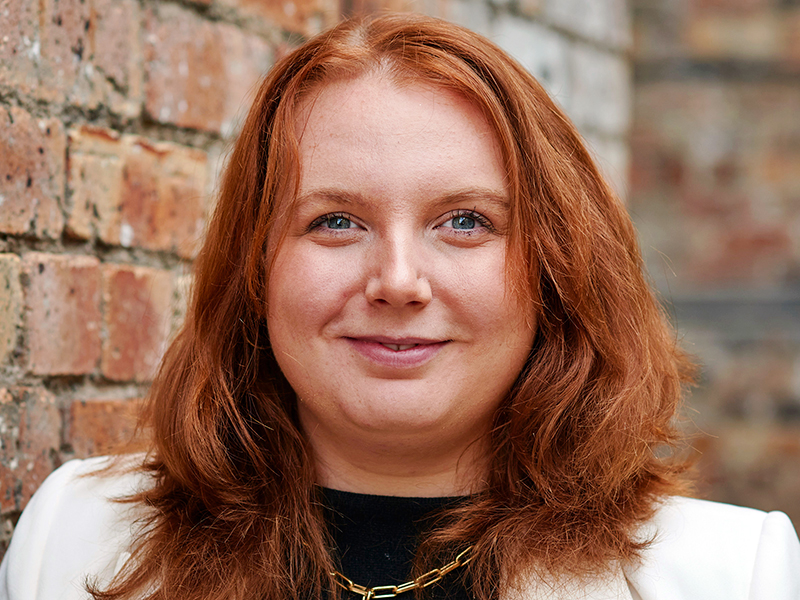Disabled people cannot wait another seven years for their rights to be fully protected without action from the Scottish Government
Last week the Scottish Human Rights Commission published two reports submitted to the United Nations Committee on the Rights of Persons with Disabilities.
Read TFN's coverage of the reports here.
In 2016, the UN Committee – a body of experts appointed to monitor compliance with the UN Convention on the Rights of Persons with Disabilities (UNCRPD) – undertook an inquiry into the impacts of welfare reform and cuts to tax and spending in the UK. They determined that there were “grave and systemic” violations of disabled peoples rights to social security, independent living and to work.
Nearly seven years on, the committee is looking at progress towards addressing its findings in an upcoming meeting at the UN in Geneva. As a member of the UK Independent Mechanism (UKIM) directed under the Convention to monitor its implementation in Scotland, the commission has published a report looking at each of the 11 recommendations.
Read the full UKIM joint submission and recommendations.
We have also published a powerful report we commission from the Scottish Independent Living Coalition (SILC) – a group of disabled people’s organisations who work in Scotland. It undertook its own independent assessment of each recommendation, outlining in their words “unrelenting attacks” on disabled people’s human rights.
Read the supplementary SILC report and recommendations.
Easy Read version of the supplementary SILC report and recommendations.
As both reports note, the external context has brought new challenges which have magnified the already grave and systemic issues for disabled people. The Covid-19 pandemic, changes to the immigration system following Brexit and the ongoing cost of living crisis individually and cumulatively make it even more difficult for disabled people to access their human rights and basic needs. However, as the 2016 inquiry proves, nobody can pretend that disabled people’s incomes, dignity and autonomy were ensured by robust measures to support and withstand new crises.
SILC warns that the situation is so dire that the high cost of energy has put some disabled people in the unacceptable position of choosing between eating properly and using the assistive technologies that, in some cases, enable them to breathe.
SILC also reported that:
- data shows that half (51%) of all people living in poverty live in a household with at least one disabled member,
- six in ten people who died with Covid-19 were disabled people
- and budget cuts to social care are happening across Scotland - £22 million of cuts were made to the social care budget in Glasgow alone.
In addition, the UKIM report confirms a worrying lack of progress on the recommendations across the UK and Scotland is no exception. We are concerned about the lack of meaningful engagement and participation of disabled people in policy choices that affect them. Decisions about disabled people’s lives are often not sufficiently informed by the necessary data, evidence and lived experience that ensures that they reflect the reality of life for disabled people.
Both reports acknowledge the Scottish Government’s and cross-party support for strengthening human rights. However, we believe that the evidence on the progress assessments demonstrates starkly the implementation gap between intentions and good laws and policy and the implementation that could change lives on ground.
For example, the UKIM report highlights the experience of social security devolution. We welcome the commitment to human rights on the face on the enabling legislation and the positive attempts to work with disabled people and other rights holders affected to realise a more human rights-based approach to social security.
However, opportunities to make this meaningful by including a legal obligation to comply or consider international standards were not taken when the legislation was passed. The UN Special Rapporteur on Extreme Poverty and Human Rights described “the absence of a legal remedy or a more robust reference to international standards in the Social Security (Scotland) Act is significant and should be addressed.”
Social care is facing long standing difficult and cumulative challenges including inadequate resourcing, high vacancy rates and geographical variations in care costs. SILC express disappointment in the lack of progress on the National Care Service proposals and the commission reports as UKIM our concerns that commitment to human rights has again not been fully embedded in the draft proposals. International human rights can provide a framework to ensure that independent living, and choice and control over the support individuals need, are fully realised in planning and service delivery.
The Scottish Government’s commitment to incorporate the UNCRPD as part of a new human rights legal framework is something both the commission and the SILC members welcome. However, the lessons must be learned and the incorporation of the convention must be maximalist, robust and effective to ensure it drives change and disabled people can challenge when things go wrong.
Disabled people cannot wait another seven years for their rights to be fully protected without action from the Scottish Government. Nor is the current state of disabled people’s human rights capable of withstanding any other crisis that comes our way, like the Covid-19 pandemic. We urge the Scottish Government to act on the recommendations in our UKIM report and from the SILC members and this time prioritise the outcomes of the UN Committee’s scrutiny.
Eilidh Dickson is policy and international officer at the Scottish Human Rights Commission.







